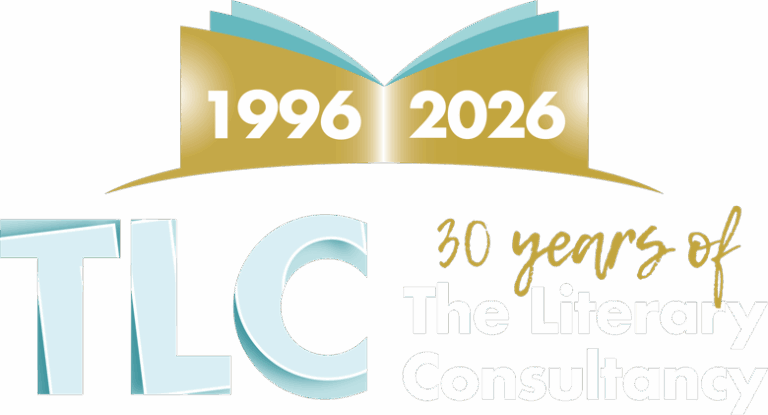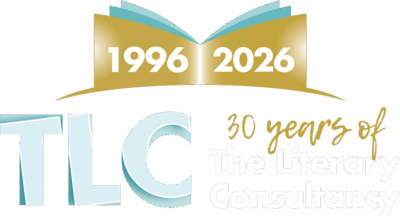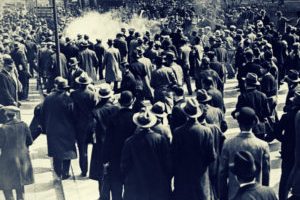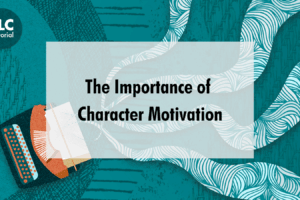A few weeks ago, at a writing event, I heard again those familiar and chilling sounds that pursue me wherever I go, never still, never ceasing in their torment. On this particular occasion they issued from a spectre sporting Roosevelt glasses and a baseball cap. Whilst this literary phantom is a serial master of disguise, its dread sounds are unchanging and terrible. They came, as they always come, in the form of a question, ‘Tell me, where do your stories come from?’ I shudder, even now, at the memory of it.
Ask not where our stories come from but where they go.
I have a suggestion for all such future spooks, in an effort to halt their wandering and to fill the air with a more wholesome heat and conversation. It is this: ask not where our stories come from but where they go. In fact, I’ll steal a march on the fright of ghosts right now and describe something of my own journey into sound.
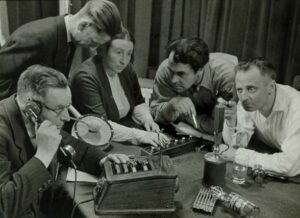 I had already written half a dozen stage plays when I first became aware of Arts Council England’s Free Read Scheme at The Literary Consultancy. I could have easily submitted another stage play at that moment but decided against it. Instead I chose to expand the range of my writing, and work towards a long-cherished ambition of mine: to write a radio play.
I had already written half a dozen stage plays when I first became aware of Arts Council England’s Free Read Scheme at The Literary Consultancy. I could have easily submitted another stage play at that moment but decided against it. Instead I chose to expand the range of my writing, and work towards a long-cherished ambition of mine: to write a radio play.
Armed with only a listener’s experience of how radio plays worked, I read a few audio scripts, did a little research on layout and formatting, then set to work on a story that interested me. When I was happy with a rough first draft, I submitted it to TLC and waited for the illuminating feedback, encouraging or otherwise, that would follow.
The opportunity to tell a story purely in sound is both a gift and a challenge to a writer.
The opportunity to tell a story purely in sound is both a gift and a challenge to a writer. The canvas on which the story unfolds can range from the epic to the miniature, and embrace any time, space, or setting you care to imagine. There are few logistical constraints compared to those that are evident in a work for the stage, television, or film. Believability is conducive to the quality of writing and the many skills of a director/producer. What I discovered, in the long journey from rough first draft to final production edit, were the host of practical lessons unique to scripting a radio play.
The limitations of creating a forty-five-minute drama – currently the only realistic opportunity for a new writer at the BBC – can be a real crucible for testing your abilities to shape a convincing and entertaining story.
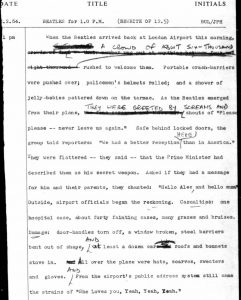 A major problem I encountered, as a writer new to the medium, was in creating a pared down, less visual style. What I mean by that, is that we instinctively piece together a story in both language and imagery. It is a hard-wired fact that we think in both, but the practical elements of transposing the two languages into one means that there can be a great measure of overwriting scenes, which gets in the way of a streamlined story that cracks along at a good pace. The limitations of creating a forty-five-minute drama – currently the only realistic opportunity for a new writer at the BBC – can be a real crucible for testing your abilities to shape a convincing and entertaining story. For example, my first rough draft ran to a hundred pages! In the numerous re-drafts and editing that followed I tried to persist in my idea of multiple settings and characters. Ambitious? Yes. Flawed? Certainly. I was attempting to colour and contrast the drama by adding in too many elements, as an apprentice cook might do in overcomplicating a simple recipe. It was only when necessity required the design of a single location and the cutting of characters that the script began to coalesce into a performable version.
A major problem I encountered, as a writer new to the medium, was in creating a pared down, less visual style. What I mean by that, is that we instinctively piece together a story in both language and imagery. It is a hard-wired fact that we think in both, but the practical elements of transposing the two languages into one means that there can be a great measure of overwriting scenes, which gets in the way of a streamlined story that cracks along at a good pace. The limitations of creating a forty-five-minute drama – currently the only realistic opportunity for a new writer at the BBC – can be a real crucible for testing your abilities to shape a convincing and entertaining story. For example, my first rough draft ran to a hundred pages! In the numerous re-drafts and editing that followed I tried to persist in my idea of multiple settings and characters. Ambitious? Yes. Flawed? Certainly. I was attempting to colour and contrast the drama by adding in too many elements, as an apprentice cook might do in overcomplicating a simple recipe. It was only when necessity required the design of a single location and the cutting of characters that the script began to coalesce into a performable version.
My [TLC] reader was Cherry Cookson, a specialist in producing and directing audio drama. Like a fine watchmaker, she possesses the deep insight and technical skills needed to piece together a script in the making as well as in performance. As a guide in developing my writing for the medium, she was an inspiration.
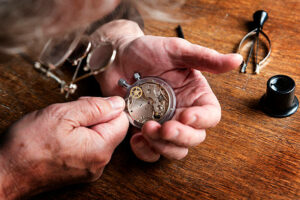 A writer’s inner world is full of wonder and possibilities. The outer world is strewn with obstacles and puzzles, the greatest of which is to find an interested and discerning ear for your particular music. My assigned reader was Cherry Cookson, a specialist in producing and directing audio drama. Like a fine watchmaker, she possesses the deep insight and technical skills needed to piece together a script in the making as well as in performance. As a guide in developing my writing for the medium, she was an inspiration. More than this, I had suddenly found a working professional who was tuned into both the merits of the work in hand and my particular style of writing.
A writer’s inner world is full of wonder and possibilities. The outer world is strewn with obstacles and puzzles, the greatest of which is to find an interested and discerning ear for your particular music. My assigned reader was Cherry Cookson, a specialist in producing and directing audio drama. Like a fine watchmaker, she possesses the deep insight and technical skills needed to piece together a script in the making as well as in performance. As a guide in developing my writing for the medium, she was an inspiration. More than this, I had suddenly found a working professional who was tuned into both the merits of the work in hand and my particular style of writing.
But returning to the question: where do stories go? The BBC is the mainstream medium for broadcasting radio drama. When my play was pitched to the BBC, and subsequently rejected, it seemed as if all the hard work had been for nothing. However, in a world ever hungry for stories, the outlets and opportunities for creating new audio drama is evolving. One such outlet is Wireless Theatre Company, an award-winning UK drama production company that make and create audio drama, all of which is available to download. With them, my play was able to find a home.
 However, this is less of an end and more of a beginning for, as we all know, stories take on a life of their own. What becomes of this particular one very much depends on the listening world. Where it goes is more important than where it came from.
However, this is less of an end and more of a beginning for, as we all know, stories take on a life of their own. What becomes of this particular one very much depends on the listening world. Where it goes is more important than where it came from.
Writers always have a story at hand: those waiting to be told; those already written; those that are half formed or gain a new lease of life when adapted for a new audience.
Perhaps you too may also consider writing for radio. Writers always have a story at hand: those waiting to be told; those already written; those that are half formed or gain a new lease of life when adapted for a new audience. Take a look. Have a listen. Embrace the inspiration and go where you heart and imagination lead you.
 About Deception, by Stewart Derry
About Deception, by Stewart Derry
1936. The rising danger of fascism is setting Europe ablaze. In England the policy is to keep the peace at all costs. But not everyone believes this is either wise or safe.
One such man, Clair, returns home to the midlands with a dark and terrible secret; a secret he cannot keep quiet for long; a secret that becomes a growing danger to himself, his family, and the country he loves.
A coming of age drama full of intrigue, power, passion, and deception.
You can listen to a free sample, and download the full audio play, here
